Indonesia is the world's largest thermal coal exporter, but the methane emissions from its coal-mining operations are greatly underestimated because of antiquated testing techniques, according to a report released on Tuesday, March 12. The disparity might affect Indonesia's international pledges to limit methane emissions. Ember, a climate and energy think tank located in London, estimates that the discrepancy is up to eight times larger than official data.
A recent report published by Ember, a London-based climate and energy think tank, sheds light on the severe under-reporting of methane emissions stemming from coal mining activities in Indonesia, the world's foremost thermal coal exporter. The report underscores the critical discrepancies between official figures and actual emissions, attributing the discrepancy to outdated and inaccurate measurement methods employed by the Indonesian authorities.
Methane, recognized as the second-largest contributor to global warming after CO2, poses significant environmental concerns, according to the United Nations Environment Programme (UNEP). Ember's senior Indonesia climate and energy analyst, Dody Setiawan, warns that the inaccurate reporting of methane emissions could jeopardize Indonesia's international commitments to mitigate climate change.
Despite being the third-largest coal producer globally, after China and India, Indonesia faces challenges in accurately measuring and reporting methane emissions from its coal-mining activities. In 2023, the country achieved a record-high coal production of 775 million tonnes, with a substantial portion exported to international markets. However, Ember's estimates suggest that methane emissions from Indonesian coal mines could exceed official figures by more than eightfold, indicating a significant gap in reporting.
Indonesia's participation in the Global Methane Pledge (GMP) underscores its commitment to reducing methane emissions by 2030. However, the discrepancy in reporting highlights the urgent need for the Indonesian government to adopt modern measurement methods and improve data accessibility to accurately monitor and manage methane emissions from coal-mining activities. Activists urge authorities to prioritize methane emission management, enhance data transparency, and address the under-reporting of methane pollution to fulfill international obligations and combat climate change effectively.
Hendra Sinadia, executive director of the Indonesian Coal Mining Association (APBI), acknowledges the data gap and suggests that the lack of standardized measurement methods, particularly for fugitive emissions, contributes to the discrepancy. The coal mining industry's adherence to standardized measurement practices and transparent reporting mechanisms is crucial in addressing the environmental challenges posed by methane emissions and ensuring sustainable coal mining practices in Indonesia.



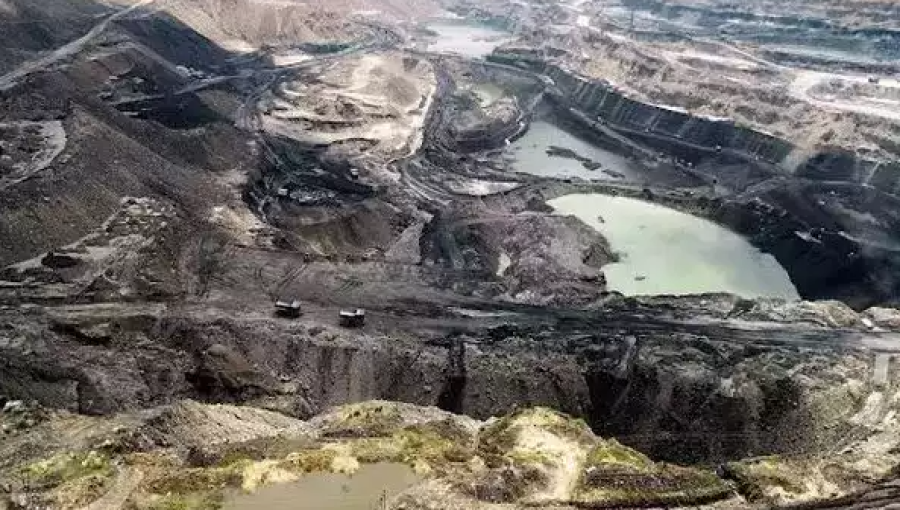

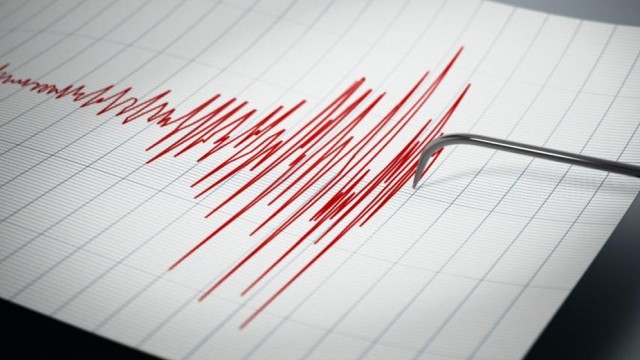
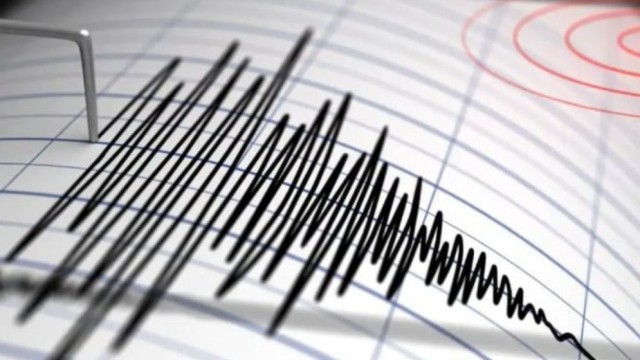
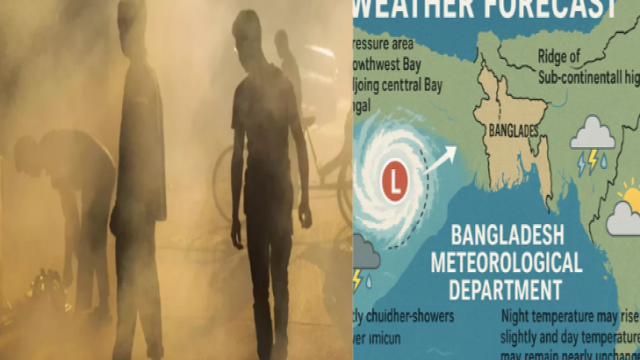
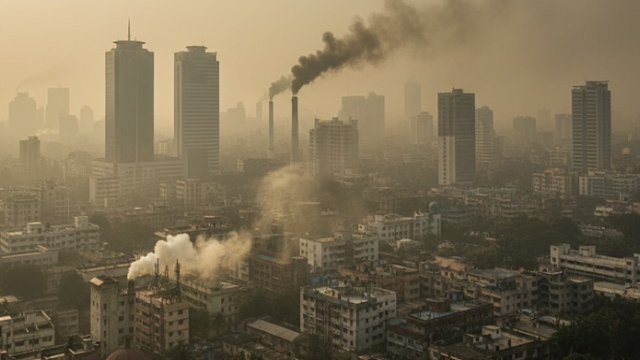





















Comment: